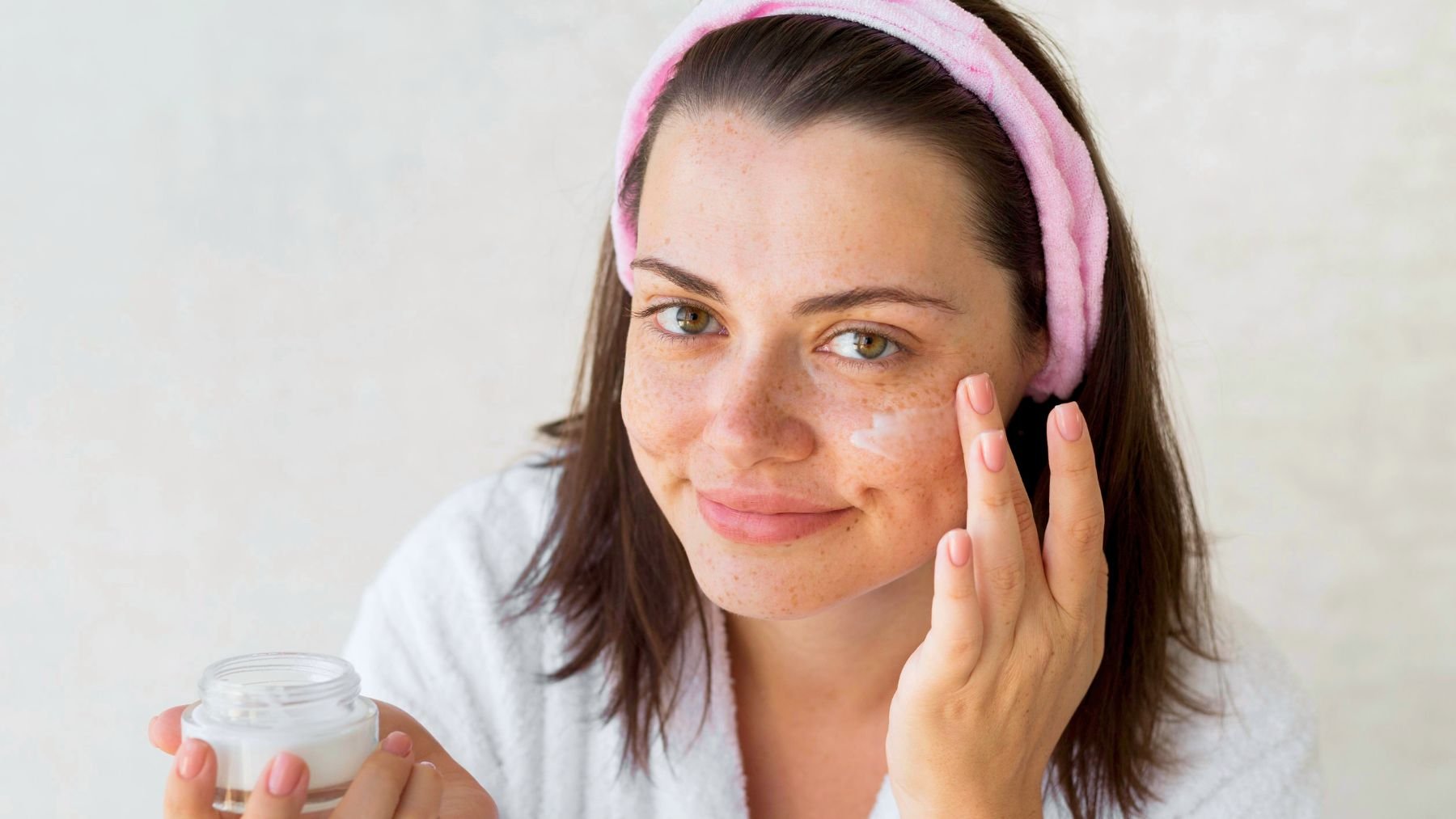After decades of bold claims and disappointing results, researchers say a new anti-aging cream may finally deliver what most products only promise. In a recent clinical trial, scientists found that a natural compound called pterostilbene significantly improved skin firmness, elasticity, and wrinkles in just 28 days.
The study tested a 0.1% pterostilbene emulsion on volunteers using a double-blind, split-face design. Here, we’ll look at how the cream worked, what makes this ingredient so promising, and what science says you can do to support youthful, healthy skin beyond your skincare routine.
The research behind the pterostilbene cream
Pterostilbene is a natural antioxidant found in blueberries, grapes, and certain tree species. It’s chemically related to resveratrol—the compound that gives red wine its anti-aging reputation—but studies suggest it may be more stable and better absorbed by the skin.
In the recent 28-day trial, researchers from Guangzhou Luanying Cosmetics Co., Ltd. tested a pterostilbene-based cream on 31 participants. Each person applied the cream to one side of their face while using a standard control emulsion on the other. Skin changes were analyzed with high-precision instruments, and participants also rated their own results.
According to co-author Zhiyuan Chen, “Our results indicated that the pterostilbene emulsion remarkably improved skin elasticity, firmness, and reduced wrinkles, such as forehead, undereye, and crow’s feet wrinkles”. Participants also noticed smoother texture, smaller pores, and thicker epidermis.
The study’s lead researcher, Xueping Chen, explained that pterostilbene boosted collagen and elastic fiber production, two key components that decline with age and are responsible for firmness and resilience. Compared to the control, improvements were statistically significant, and nearly all participants preferred the pterostilbene formula.
Researchers believe this compound could represent a new generation of anti-aging skincare powered by natural molecules. While the findings are promising, they noted that longer studies are needed to confirm long-term results and safety. Still, in a market flooded with empty promises, this study stands out for using a rigorous scientific approach and measurable outcomes.
Science-backed ways to support youthful skin
While no cream can stop aging completely, there’s plenty you can do to slow visible signs of it. Here are several strategies supported by dermatologists and clinical studies:
- Use sunscreen daily. UV exposure remains the top cause of premature aging. Broad-spectrum SPF 30 or higher protects collagen and prevents wrinkles, sunspots, and sagging.
- Moisturize regularly. Hydrated skin maintains elasticity and barrier strength. Look for products with ceramides, hyaluronic acid, or glycerin.
- Incorporate retinoids. Vitamin A derivatives like retinol and tretinoin are proven to increase cell turnover and collagen production.
- Eat antioxidant-rich foods. Fruits, vegetables, green tea, and dark chocolate supply compounds that fight oxidative stress and inflammation.
- Prioritize sleep and stress management. Chronic stress and poor rest disrupt skin repair and accelerate aging at the cellular level.
- Avoid smoking and limit alcohol. Both reduce blood flow and damage collagen, leading to dullness and fine lines.
Experts also recommend gentle exfoliation and consistent skincare routines tailored to your skin type. New research—like the pterostilbene trial—shows that natural antioxidants could enhance these results, especially when used consistently and combined with sun protection.

